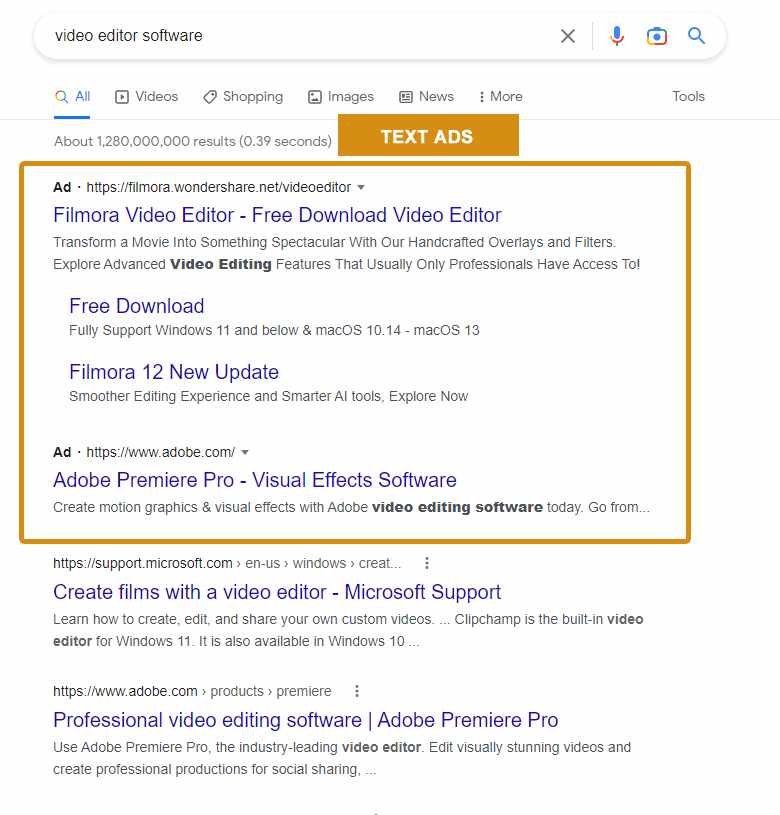
Mobile app development has emerged as a cornerstone of business strategy, customer engagement, and competitive advantage. As smartphones increasingly intertwine with our daily lives, the demand for diverse and innovative mobile applications has soared. From boosting brand visibility to driving sales, mobile apps have become pivotal in shaping the business-consumer relationship in this mobile-first era. In this blog post, we will delve into the top trending mobile app categories you should keep an eye on as they continue to redefine the digital experience and offer promising opportunities for businesses and developers alike.
Health and Fitness Apps
In an increasingly health-conscious society, fitness apps have become essential tools in our daily lives. The onset of the COVID-19 pandemic has heightened their importance as more individuals resort to home workouts and virtual fitness classes. These apps offer customised training routines, nutritional advice, and wellness tracking features, making them an integral part of personal health management.
Furthermore, the data-driven nature of these fitness applications can provide users with real-time feedback and progress tracking, enhancing the sense of accomplishment and motivation. By incorporating gamification elements, fitness apps can make the journey fun and engaging, fostering sustainable habits. Integrating social features also enables users to share their progress and compete with friends, adding a social element to individual workouts. In essence, fitness apps transform how we approach personal health and wellness, making fitness accessible and enjoyable for everyone.
Video Conferencing and Remote Work Apps
The pandemic has indisputably accelerated the growth of video conferencing and remote work apps. Businesses and individuals rely heavily on these tools for communication, collaboration, and maintaining workflow continuity. Apps like Zoom, Microsoft Teams, and Google Meet have thus fundamentally reshaped our work culture.
These applications have not only enabled businesses to sustain operations amid global lockdowns but also introduced new flexibility to the concept of the workplace. Employees can now effectively participate in meetings, brainstorming sessions, and even networking events from the comfort of their homes or any location of their choice. Furthermore, these apps have expedited the digital transformation of numerous industries, prompting them to reassess and innovate their traditional operational methods.
Food Delivery Apps
With the rising demand for convenience and contactless services, the popularity of food delivery apps has surged. Companies like Uber Eats, Just Eat, and Deliveroo have thrived, meeting our desire for a diverse range of cuisines delivered directly to our doors.
These food delivery apps have gone a step further by not only providing the convenience of food at your doorstep but also offering a variety of options from different cuisines and restaurants. This allows users to indulge in their favourite meals without the need to step out of their homes. Furthermore, these apps have been instrumental in supporting local businesses by providing them with an online platform to reach a broader customer base. The advent of these modern food delivery services has genuinely revolutionised the way we perceive dining, adding a new dimension of comfort and convenience to our fast-paced lives.
Taxi Booking and Dispatch Apps
Developing a taxi booking and dispatch app is a strategic move for modern transportation businesses looking to streamline operations and enhance customer convenience. Such an app allows passengers to book rides in real-time, track drivers via GPS, make secure payments, and receive instant ride confirmations.
On the driver’s end, the app facilitates efficient dispatching, optimized routes, and seamless communication with passengers. With features like fare estimation, ride scheduling, in-app chat, and admin dashboards, a custom taxi booking app can significantly improve service efficiency, customer satisfaction, and overall fleet management.
E-Commerce Apps
The e-commerce sector has witnessed a considerable upswing in popularity, primarily driven by increased online shopping. Mobile applications from giants like Amazon and eBay, as well as independent retailers, have made products more accessible and shopping more convenient than ever before.
These apps offer an extensive range of products at competitive prices, making it easier for consumers to compare and make informed purchase decisions. In addition, many of these apps provide attractive offers and discounts, making online shopping even more appealing. The rise of e-commerce apps development has not only made shopping more convenient but also opened up a whole new world of opportunities for businesses, allowing them to reach a broader audience and expand their customer base.
Educational Apps
The growing trend of distance learning has boosted the demand for educational mobile apps. Apps like Duolingo, Coursera, and Khan Academy provide accessible, flexible, and personalised learning experiences, democratising education.
These apps offer various courses and tutorials, enabling learners to acquire new skills or enhance existing ones at their own pace. They serve as effective platforms for continuous learning, catering to diverse learning styles and needs. Furthermore, they offer interactive resources, such as video tutorials, quizzes, and discussion forums, making learning not only easy but also engaging. In the wake of the pandemic, these educational apps have played a pivotal role in ensuring learning continuity redefining the traditional classroom experience.
Entertainment Apps
Entertainment apps have revolutionised how we consume music, films, or games. Platforms like Netflix, Spotify, and TikTok have transformed the landscape, offering endless streams of personalised content at our fingertips.
Entertainment apps like Netflix, Spotify, and TikTok have also made a significant impact on the creative industry, allowing artists to reach a global audience and providing them with new avenues for income and exposure. Moreover, these platforms have given users unparalleled control over their media consumption, enabling them to watch, listen, and engage with content according to their preferences and schedules. This shift to on-demand media consumption reflects the changing dynamics of the entertainment industry, with mobile apps playing an increasingly central role.
Financial & Fintech Apps
Mobile banking and fintech applications are disrupting the traditional financial landscape. Apps from established banks and startups alike offer seamless, secure, and immediate transactions, heralding a new era of digital finance.
These applications bring banking services directly to the user, allowing for quick balance checks, bill payments, money transfers, and even investment management directly from a smartphone. Fintech apps like Revolut, Monzo, and Starling Bank have taken this further by providing an entirely digital banking experience, eliminating the need for physical branches. This shift towards digital banking has not only increased accessibility but also significantly improved the efficiency and speed of financial operations. With technological advancements, we expect to see further innovation in the fintech space, potentially revolutionising the banking industry even further.
Social Media Apps
Social media platforms like Facebook, Instagram, Twitter, and LinkedIn dominate the app market by providing platforms for communication, content creation, and information sharing.
These social media platforms have not only redefined interpersonal communication but have also become powerful tools for businesses. They offer businesses a platform to reach a wider audience, engage with customers, and build brand awareness. Furthermore, features like instant messaging, live streaming, and various forms of content sharing have reshaped how we interact, stay informed, and express ourselves in the digital age. As these platforms keep evolving, they will continue to exert a more significant influence on our daily lives and how we conduct business.
Game Apps
Mobile game apps have become increasingly popular thanks to their low cost, convenience, accessibility, and addictive nature. They offer various games that cater to different tastes, ages, and skill levels, further extending their reach and appeal.
From immersive multiplayer online games to simple puzzle apps, the mobile gaming industry caters to a diverse range of preferences. With the integration of AR and VR technology, mobile games are becoming more engaging and realistic, redefining the gaming experience. Moreover, games have become a platform for social interaction, with features that allow players from around the globe to connect, collaborate, and compete. They have effectively blurred the line between social media and entertainment, reflecting the dynamic and interconnected nature of the digital world.
In conclusion, mobile app development continues to innovate and adapt, driven by evolving user needs, technological advancements, and societal changes. The apps discussed highlight these trends, and as users continue to demand better, faster, and more personalised experiences, we can expect further exciting developments within the mobile application landscape.
How We Can Help Your Business
Contact One Web Digital today to learn more about how we can help you with SEO strategy to increase your brand awareness and leads.





